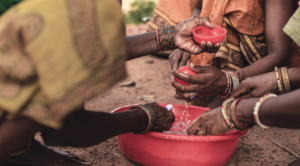
Expanding Horizons: Dikoda’s Strategic Move into WASH to Strengthen Nutrition, Climate Resilience, and Maternal Nutrition
To address the urgent challenges of all forms of malnutrition
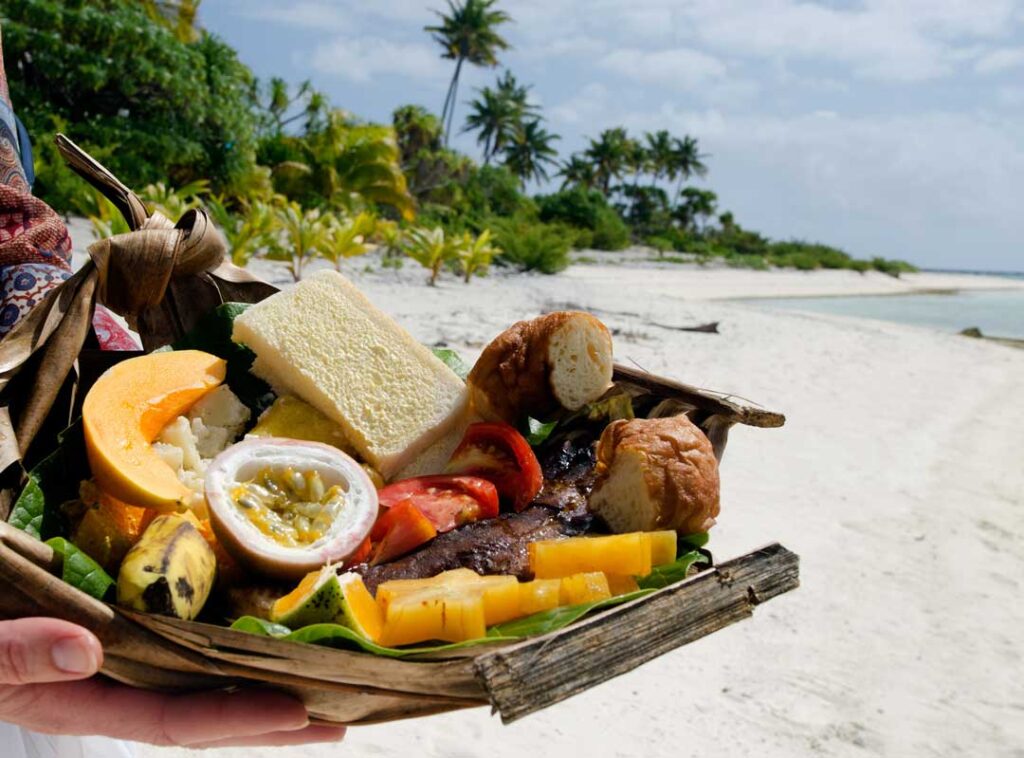
The unique geography, cultures, and food systems of the Pacific Islands demand specialised nutrition research approaches. Our team combines deep regional knowledge with innovative methodologies to implement solutions that address Pacific communities’ specific challenges in WASH, food systems, and the broader social determinants of malnutrition.
We partner with regional organisations to design practical nutrition solutions that respect traditional food practices while addressing emerging health challenges from urbanisation and climate change
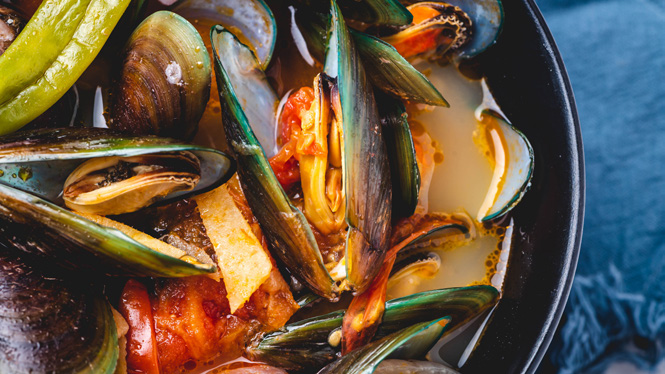

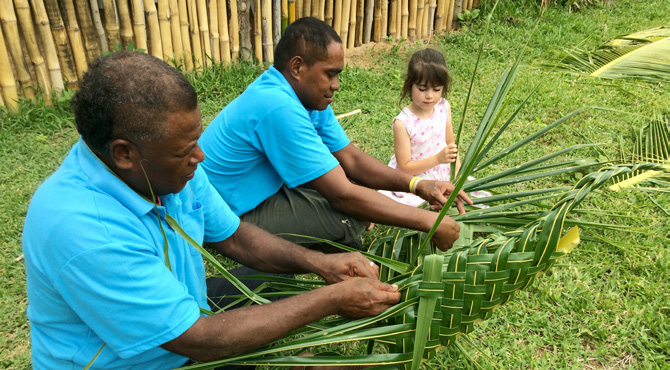
Our Pacific team includes local researchers who understand the complex interplay between traditional diets, imported foods, and emerging health challenges facing island nations.
1
Develop scalable, culturally appropriate solutions that address all forms of malnutrition in Pacific communities and can be maintained by local stakeholders.
2
Generate high-quality, independent research that builds the evidence base for what works in Pacific nutrition contexts.
3
As a social enterprise, we reinvest in developing local research talent across the Pacific region. Women comprise most of our research teams, and we actively prioritise opportunities for junior researchers from low and middle-income countries (LMICs). This approach produces more relevant nutrition solutions and builds sustainable regional research capacity for the future.


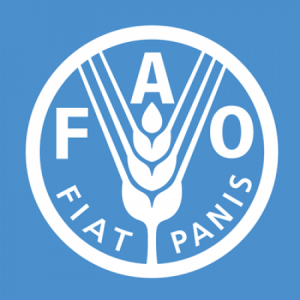



To address the urgent challenges of all forms of malnutrition
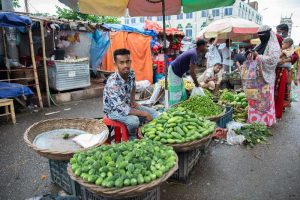
Currently, food inflation remains at astonishingly high levels all over

Today, 150 million more women than men are food insecure
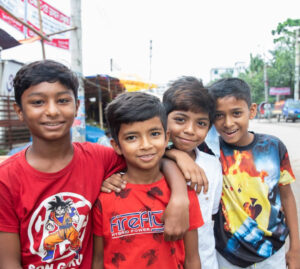
Around the world, people are moving into cities at an

The War in Ukraine has had devastating impacts on global

Right now, one child is being pushed into severe, life-threatening

All around the world, malnutrition is on the rise. 828
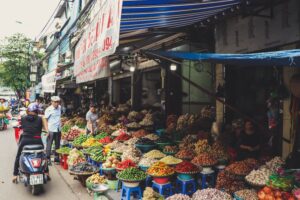
Over 1 billion people currently face food insecurity in Asia-Pacific.
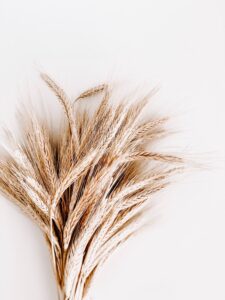
The outbreak of war between Russia and the Ukraine in
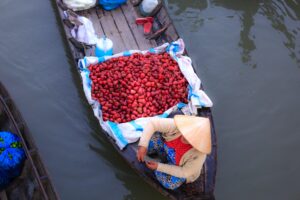
There is no way to sugarcoat it – the COVID

In recent years, a consensus has arisen around the “inextricable